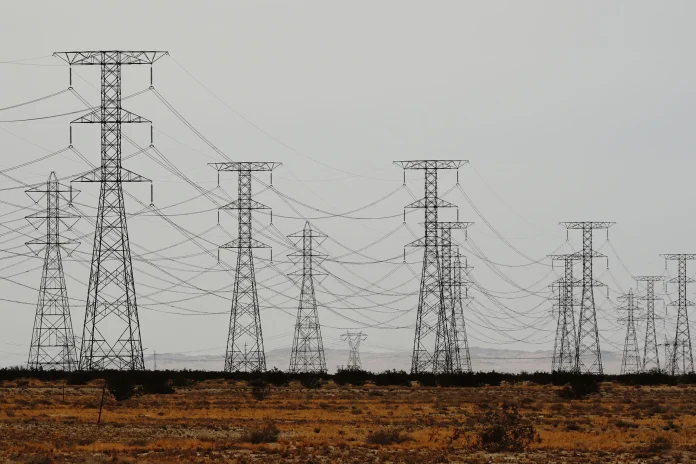The Ekiti State Electricity Regulatory Bureau has issued a stern warning to the Ibadan Electricity Distribution Company (IBEDC) and the Benin Electricity Distribution Company (BEDC) for failing to report power supply shortfalls.
The bureau recently released orders regarding tariff setting for Ekiti customers within the BEDC and IBEDC service areas and mandated the metering of all customers by the DisCos and meter asset providers.
The regulator threatened significant fines if the DisCos did not publish shortfalls whenever they failed to provide the required minimum hours of electricity for customers in Bands A to E. Sanctions would also apply if metering customers was not prioritized.
The bureau noted that the Nigerian Electricity Regulatory Commission (NERC) had previously issued multi-year tariff orders to the DisCos, and the regulatory oversight of the electricity market in Ekiti State had been transferred from NERC to the Ekiti Electricity Regulatory Bureau, effective May 1, 2024. The bureau mandated that tariffs within the state would conform to NERC-specified rates until further notice or until the nationwide abolition of MYTO rates.
EKSERB reserved the right to adjust tariffs in alignment with NERC rates or set its rates in consultation with relevant parties. It emphasized that service delivery commitments outlined in the orders would remain in effect.
Furthermore, the bureau required each distribution company to electronically submit a daily log of power (in kilowatts or megawatts) and hours of availability on all feeders in its network. The order mandated the two DisCos operating in Ekiti to ensure customers in Bands A to E receive the minimum hours of electricity stipulated for their respective bands, with shortfalls to be published on their websites daily.
The bureau stated, “The distribution company shall ensure that the minimum band hours for any given band stipulated shall be delivered daily and shall publish shortfalls on its website on a daily basis. For postpaid customers, shortfalls on any given day will result in energy costs being calculated at the appropriate band rate. For prepaid customers, shortfalls on any given day shall result in credits being given to them in the following month by calculating the energy to be paid at the appropriate band rate.”
It warned, “Failure to publish such shortfalls, to revise energy costs, or to credit customers accordingly shall attract a sanction equal to five times the total credit due.”
Regarding metering, the EKSERB ordered DisCos to discourage the estimated billing method and ensure all new customers are provided with smart prepaid or postpaid meters. DisCos were also directed to accept certified smart meters purchasable by customers directly from meter asset providers registered with the agency. Mandatory metering of customers was to begin in June.
The bureau explained that this order aimed to address the recurring issue of arbitrary and excessive electricity bills caused by the estimated billing method imposed on unmetered customers.
“Licensed Meter Asset Providers may sell directly to eligible electricity customers in the state and must provide and install these meters within ten working days of payment to their MAP-designated bank accounts. Failure to install these meters shall draw a fine not exceeding the cost of these meters multiplied by each day not installed after payment,” it stated.
However, industry expert Bode Fadipe cautioned that the stringent orders might deter potential investors. He argued that the effectiveness of a law depends on its realism, not its severity.
“By spitting this amount of fire, the Ekiti State Electricity Regulatory Bureau is making the business environment more hostile and less attractive for prospective investors,” he told The Punch.
Fadipe also critiqued the penalties for not installing meters within the prescribed deadline and connecting them to DisCo’s back-end facility, suggesting that the fines were too high despite their intention to ensure swift compliance and protect consumers from metering delays. He added that the requirement for end users to purchase meters directly from licensed MAPs could slow the metering process, making it the responsibility of the end user rather than the DisCo.
He warned that non-compliance could lead to the disconnection of unmetered customers, which would further complicate the situation.













